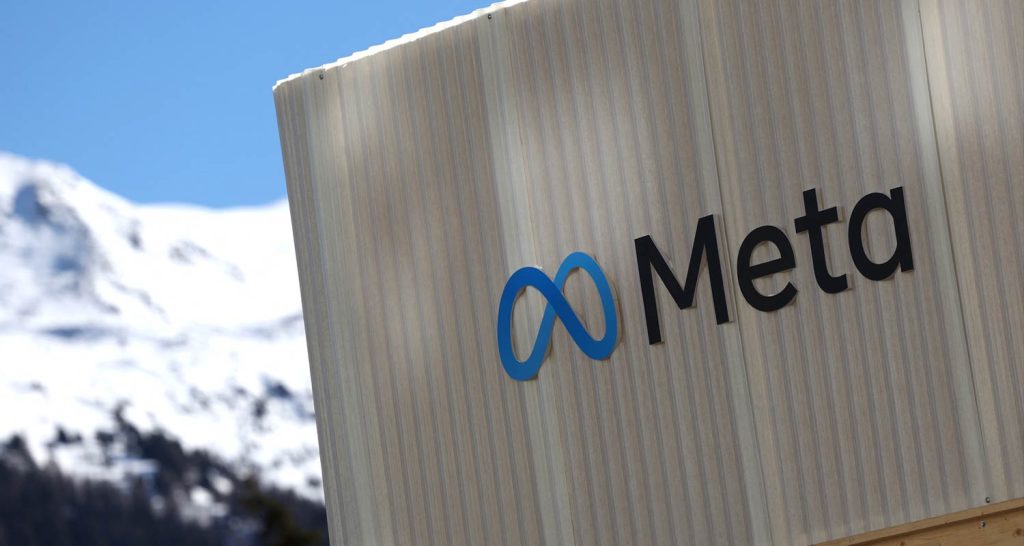Meta, Georgia Tech, and Cusp AI unveil a dataset with over 100 million data points to accelerate discovery of DAC sorbent materials using AI.
The Open DAC 2025 Dataset enables researchers to cut R&D costs and identify efficient carbon removal solutions without physical experimentation.
Leveraging graph neural networks and density functional theory, the tool supports development of proprietary materials for DAC and carbon credit strategies.
Meta’s Fundamental AI Research (FAIR) team, in collaboration with the Georgia Institute of Technology and artificial intelligence firm Cusp AI, has released the Open Direct Air Capture (DAC) 2025 Dataset — the largest open-access resource of its kind for carbon removal research.
The dataset includes more than 100 million data points on potential DAC sorbents and is designed to accelerate material discovery by leveraging machine learning models that simulate and predict sorbent properties. This enables researchers and businesses to bypass the costs and time associated with traditional physical experimentation.
“This dataset is a tool that enables businesses and researchers to explore a wide array of sorbent materials quickly,” Meta stated in its official release. “It allows users to bypass traditional experimental constraints and directly access AI-driven insights.”
The tool uses advanced AI techniques, including graph neural networks and density functional theory simulations, to predict how different sorbent materials behave. It provides actionable insights for developers and researchers working to reduce the energy intensity and cost of DAC.
RELATED ARTICLE: Meta Replaces Steel, Concrete with Mass Timber for Sustainable Data Center Construction
Containing 2024 simulation data, the dataset is compatible with AI models and offers users a broad range of materials to screen and refine. Businesses can use it to develop proprietary sorbents for in-house carbon capture applications or license them to carbon removal companies.
According to the International Energy Agency’s 2023 World Energy Outlook, AI-driven breakthroughs could help deliver DAC at a cost of less than $100 per ton by 2030. The Open DAC 2025 Dataset is a critical step toward that goal and supports longer-term efforts to decarbonize hard-to-abate industries.
Follow ESG News on LinkedIn

